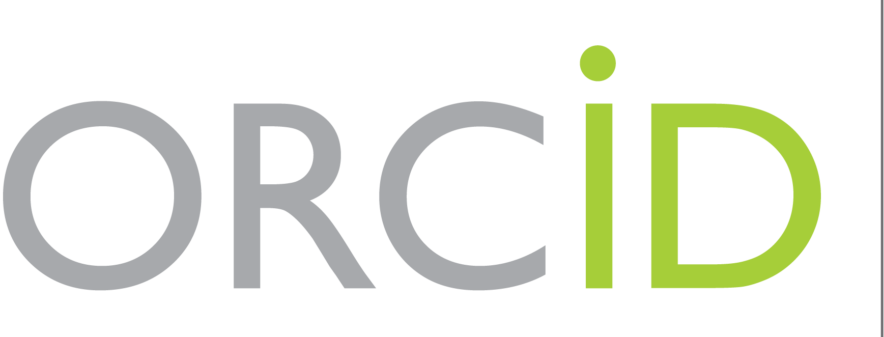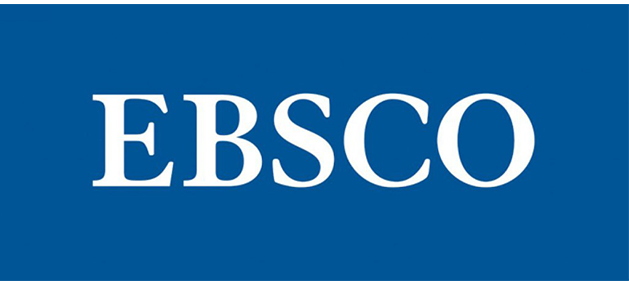PERCEPTION OF STAKEHOLDERS TOWARDS INFLUENCE OF COMPETENCY BASED EDUCATION ON SKILL DEVELOPMENT
Keywords:
Competencies, Higher Education, StudentsAbstract
This paper has attempted to propose competency based teaching and learning in Higher Education. In India, the curriculum is enforceable in some Institutions and cannot be altered, in which case to support the objective of the paper; the teaching learning objectives can be designed as per the competencies required by the student to get employable. The paper focuses the need of being employable and not only being graduate. Hence this paper examines the use of competency based assessment. Thus the correlation between the curriculum preparation and the desired outputs in terms of the skills of the student can be easily understood through such assessments. The objective of the paper has been sought after through a primary research survey in higher educational institutions, gaining perception of teachers towards the mentioned areas and also from the industries towards the assessment of students during the campus placements. The research tool has be a structured questionnaire with focus on understanding the opinion of the respondents towards competency based teaching and learning and also assessments. The data has been obtained from multiple disciplines to understand the relevance of each institution towards competency based education. The data gathered has been analysed and a comparative report has been prepared which highlights the perception of stake holders as teachers and industries from various disciplines of study. The outputs of this research can also help the higher educational institutions to focus on creating curriculum or modules delivering employability oriented competencies. Thus through this research objectives like, perception of faculties towards competency based education, Assessment based on level of competency achieved, inclusion methodology of competencies based approach in teaching and learning and much more can be obtained. The paper can thus contribute to a new thought process of a new approach in teaching and learning.
References
Balaji. S.: Vimala D. (2012). A study on competency mapping in Adecco Service organisations, Chennai; Asia Pacific Journal of Marketing and Management Review, 1(3), 39-45.
Boyatzis, R. E., Stubbs, E., & Taylor, S. (2002). Learning cognitive and emotional intelligence competencies through graduate management education; Academy of Management Learning & Education, 1(2), 150-162
David W. Johnson (2000); Competency-Based Educational Program Effectiveness Assessment; Journal of Information Systems Education Volume 11(3-4)
Meeta Kanhere (2006); Competency and Competency Mapping; Vinimaya, Vol XXVII, No. 2, July-September
Pooja Tripathi, Jayanthi Ranjan (2010) A Competency Mapping for Educational Institution: Expert System Approach; Int. J. of Computer and Communication Technology, Vol. 2, No. 1, 2010 75; ISSN (Print): 0975-449
Vaishali DKK, Mohit Kumar (2004). Competency Mapping Based Training Need Assessment: An Empirical Investigation, Vision, 8(1) 69-80
Article -The Art and Science of Competency Mapping- by T.V. Rao
Lovy S., Competency Mapping, A pre- requisite for HR Excellence
J.S Rajput, Vision 2020 – Education National Council of Educational Research and Training Sri Aurobindo Marg, New Delhi – 110016.
Sbep Support To Basic Education Project Teacher Training Component, Generic Teacher Competencies Ankara 2006.
Arora, G.L. (2002) Teachers and Their Teaching, Delhi, Ravi Books.
Chaurasia Gulab (2000) Teacher Education and Professional Organizations, Delhi, Authors press.
Downloads
Published
How to Cite
Issue
Section
License

This work is licensed under a Creative Commons Attribution 4.0 International License.
http://creativecommons.org/licenses/by-nc-nd/4.0














